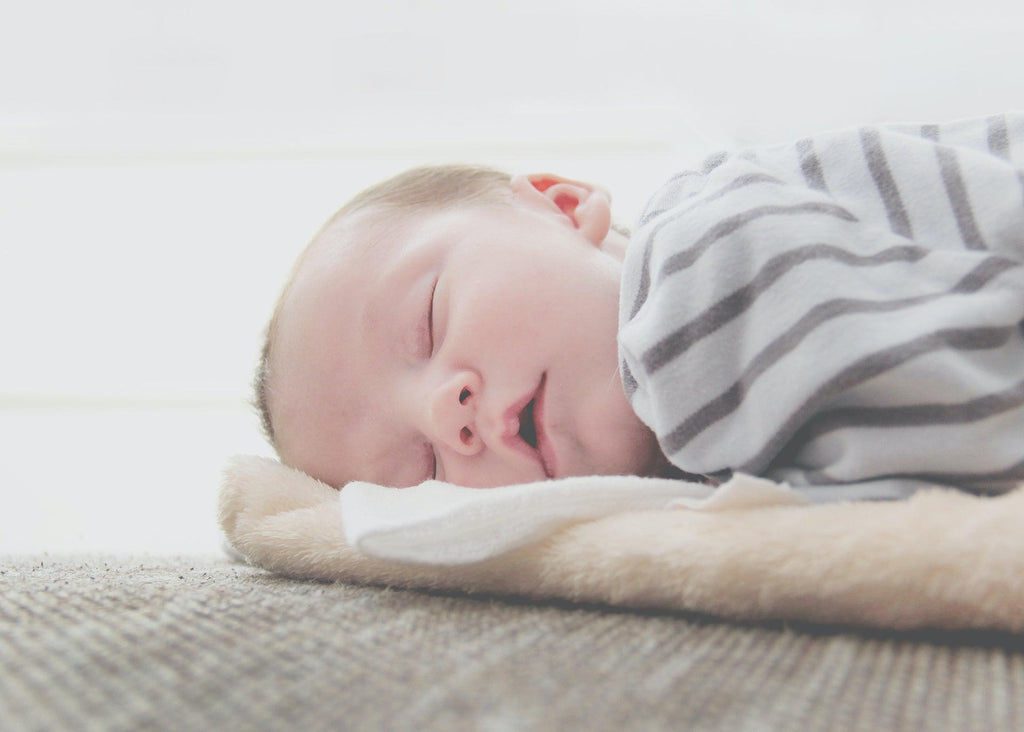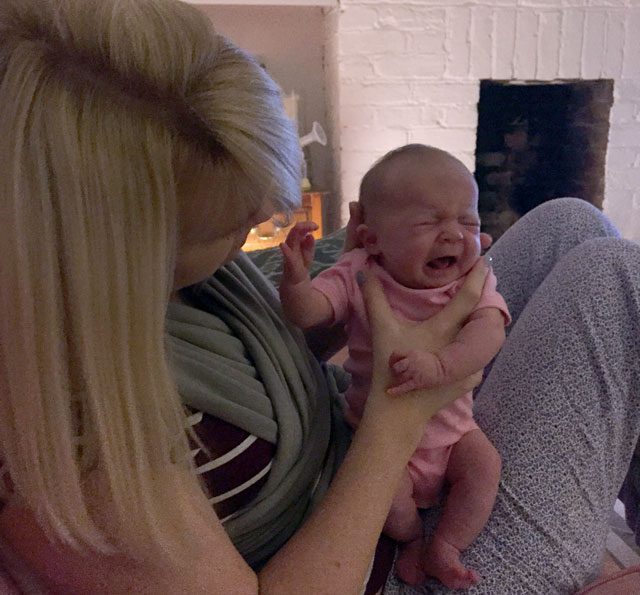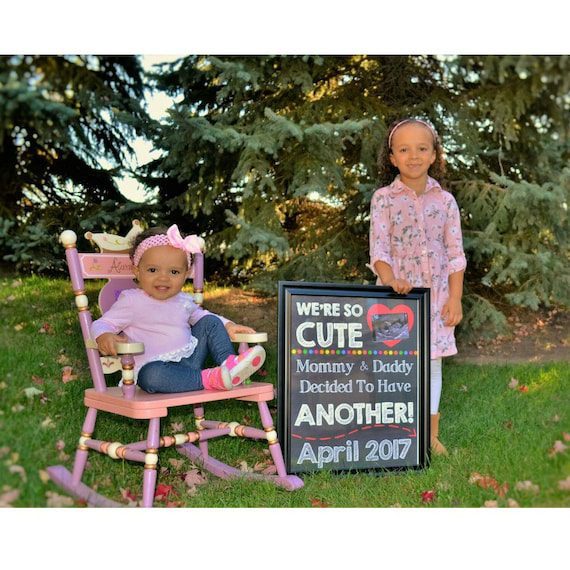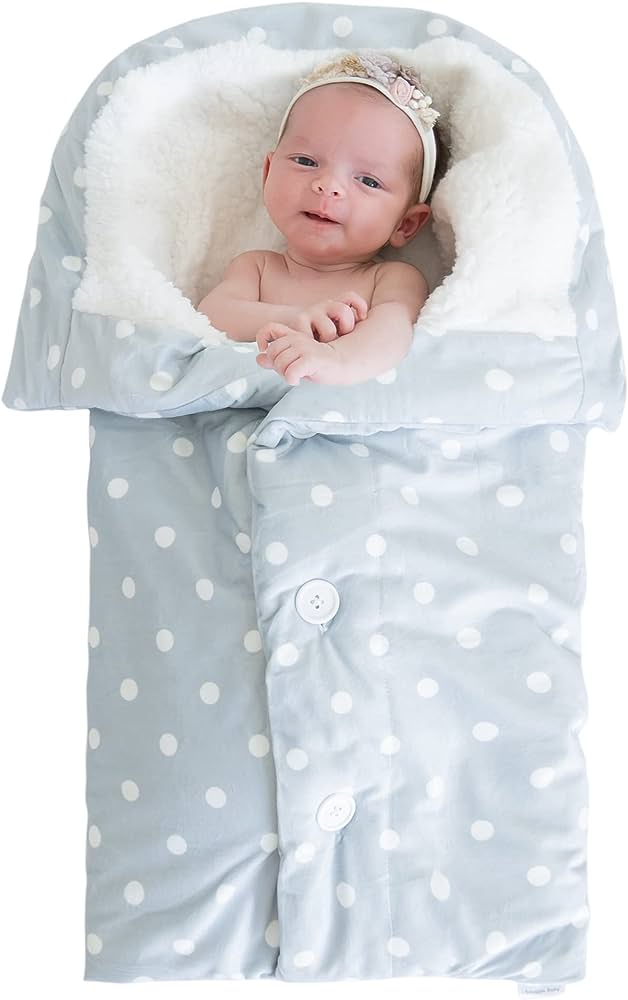How Long Should I Let My Baby Sleep After Vaccinations? Expert Tips
After vaccinations, it is recommended to let your baby sleep as much as they need to. Babies may sleep longer than usual after receiving vaccinations, and the duration of sleep may vary depending on the time of the appointment.
Understanding The Sleep Pattern After Vaccinations
After vaccinations, it is common for babies to sleep longer than usual. Depending on the appointment time, they may even sleep longer. It is okay to let your baby sleep and provide them with extra comfort if needed.
Sleep Changes In Babies After Vaccinations
After your baby receives vaccinations, you may notice some changes in their sleep patterns. It is quite common for babies to sleep longer than usual following their shots. While each baby is different, it is important to understand the potential factors that can affect their sleep duration. By being aware of these factors, you can support your baby’s sleep and ensure they get the rest they need to recover.Why Do Babies Sleep Longer After Shots?
Babies tend to sleep longer after vaccinations due to several reasons. Firstly, the vaccination process can cause some discomfort or soreness in the injection site, which can make babies more tired or sore than usual. Additionally, vaccines stimulate the immune system, which requires extra energy and can result in increased sleepiness. Moreover, the stress of the vaccination appointment itself can also contribute to sleepiness in babies. All these factors combined can lead to longer sleep periods for your little one.Potential Factors Affecting Sleep Duration
Several factors can influence how long your baby sleeps after receiving vaccinations. These include:- Discomfort or soreness at the injection site
- Increased energy expenditure by the immune system
- Stress or anxiety related to the vaccination appointment
- Reaction to specific vaccines
- Individual differences in how babies respond to vaccinations
- Allow your baby to sleep as much as they need without disrupting their sleep schedule.
- Create a calm and soothing environment to promote relaxation and sleep.
- Monitor their temperature and provide appropriate clothing or bedding to keep them comfortable.
- Offer extra comfort and cuddles, which can help soothe any discomfort or soreness.
- Stay attentive to any changes in their sleep patterns and consult with their healthcare provider if you have any concerns.
Establishing The Ideal Sleep Duration After Vaccinations
After vaccinations, it’s normal for your baby to sleep longer than usual. The duration of sleep may vary depending on the time of the appointment, but there’s no need to wake them up for feeding. Let your baby sleep and get the rest they need.
How Long Should You Let Your Baby Sleep After Vaccinations?
One of the most common questions parents have after their baby receives vaccinations is how long they should allow their little one to sleep. Establishing the ideal sleep duration after vaccinations is crucial for your baby’s recovery and overall well-being.
Expert Recommendations On Sleep Duration
Experts recommend that babies should be allowed to sleep for an extended period following vaccinations. While each baby is unique and will have their own individual sleep needs, it is generally advisable to let your baby sleep as much as they need for the first 24 to 48 hours after their shots. During this time, their body is working hard to build immunity and rest is crucial for the healing process.
To ensure that your baby gets the optimum amount of sleep after their vaccinations, it is important to create a calm and comfortable environment for them to rest. Dimming the lights, playing soothing music, and minimizing external disturbances can help facilitate longer and more restful sleep.
Balancing Rest And Wakefulness For Optimal Recovery
While it is essential to allow your baby ample sleep after vaccinations, it is also important to strike a balance between rest and wakefulness. It is recommended to wake your baby for feeding sessions during this period, as proper nutrition is essential for their recovery and overall well-being.
Furthermore, engaging in gentle activities during your baby’s wakeful periods can help promote blood circulation and reduce any discomfort they may be experiencing. Gentle tummy time or quiet play can provide sensory stimulation and help your baby feel more comfortable after their vaccinations.
Always observe your baby for any signs of distress or unusual behavior after vaccinations. If you notice anything concerning, consult your pediatrician for further guidance and support.
Creating A Comfortable Sleep Environment
After your baby receives their vaccinations, it’s essential to create a comfortable sleep environment that promotes healing and relaxation. Here are some tips to help your little one sleep peacefully after their shots:
- Provide a calm and quiet atmosphere: Create a soothing environment by dimming the lights, playing soft music, or using a white noise machine. This will help your baby feel secure and calm as they drift off to sleep.
- Keep the room at a comfortable temperature: Ensure that the room is neither too hot nor too cold. Maintaining a comfortable temperature will help your baby sleep more soundly.
- Use a comfortable mattress and bedding: Invest in a good-quality mattress and use soft, breathable bedding to provide your baby with a cozy sleep surface. This will help prevent discomfort and promote better sleep.
- Create a dark sleeping environment: Use blackout curtains or blinds to block out any excess light that might disturb your baby’s sleep. Darkness triggers the release of melatonin, the sleep hormone, helping your little one fall asleep faster and stay asleep longer.
It’s normal for babies to experience some discomfort or pain after vaccinations. To help manage these symptoms and ensure a peaceful sleep, consider the following:
- Use age-appropriate pain relief: Consult with your pediatrician about the appropriate pain reliever for your baby’s age. Administering the recommended dosage can help alleviate any discomfort and promote better sleep.
- Apply a cool compress: If your baby experiences any localized pain or swelling, you can use a cool, damp cloth or an ice pack wrapped in a thin towel to provide relief. Gently apply it to the affected area for a few minutes before bedtime.
- Offer extra comfort and snuggles: Sometimes, all your baby needs is some extra comfort and love. Spending some quality time cuddling and soothing your baby before bed can help them feel more secure and relaxed, leading to a better night’s sleep.
A consistent bedtime routine can work wonders in creating a soothing environment for your baby’s sleep. Follow these steps to establish a calming bedtime routine:
- Choose a quiet and relaxing activity: Engage in activities such as reading a story, singing lullabies, or gentle baby massage to wind down before bed.
- Gently bathe your baby: A warm bath can help relax your little one’s muscles and prepare them for sleep. Use gentle baby-sensitive products to ensure a soothing experience.
- Dress your baby comfortably: Put your baby in soft, loose-fitting sleepwear that allows for easy movement. Ensure that they are not overdressed, as this can lead to discomfort and disrupted sleep.
- Provide a calm and quiet sleep environment: Implement the tips mentioned earlier for creating a comfortable sleep environment.
- Offer a feeding or nursing session: A gentle feeding or nursing session can help your baby feel content and satisfied before drifting off to sleep.
- Use transitional objects: Introduce a soft cuddly toy or blanket that your baby associates with sleep. These objects can provide comfort and reassurance, helping your baby fall asleep faster.
By implementing these tips and creating a comfortable sleep environment, you can help your baby have a restful and peaceful sleep after their vaccinations.
Monitoring Your Baby’s Sleep After Vaccinations
After your baby receives vaccinations, it’s important to closely monitor their sleep patterns and duration to ensure their well-being. While it’s normal for babies to be extra sleepy after vaccinations, it’s essential to keep an eye out for any signs of sleep disturbances that may require attention.
Signs Of Sleep Disturbances To Watch Out For
After vaccinations, some babies may experience sleep disturbances that can be easily recognized with vigilant observation. Here are some signs to watch out for:
- Increased fussiness or irritability during sleep
- Frequent wakings or difficulty falling back to sleep
- Unusual bedtime resistance or changes in sleep routine
- Excessive crying or restlessness during sleep
- Persistent difficulty in settling down for naps or bedtime
Keep in mind that these signs may vary from baby to baby, so it’s crucial to be familiar with your own baby’s sleep patterns to identify any significant changes.
Tracking Sleep Patterns And Duration
Tracking your baby’s sleep patterns and duration can provide valuable insights into their overall well-being post-vaccinations. Consider using a sleep diary or recording app to keep track of the following:
- Sleep start and end times
- Nap duration and frequency
- Any notable sleep disturbances or interruptions
- General mood and behavior during wakefulness
This information will not only help you understand your baby’s current sleep patterns but also serve as a useful reference if you need to discuss any concerns with your healthcare professional.
When To Consult A Healthcare Professional
While it’s normal for babies to experience some sleep changes after vaccinations, certain situations may warrant consulting a healthcare professional. Consider contacting your doctor if you observe any of the following:
- Severe or prolonged sleep disturbances lasting more than 48 hours
- Extreme restlessness or persistent crying during sleep
- Difficulty waking from sleep or excessive drowsiness
- Changes in feeding patterns or refusal to eat
- Signs of illness or unusual physical symptoms
Remember, it’s always better to seek professional advice if you have any concerns about your baby’s sleep or overall well-being. Your healthcare provider will be able to assess your baby’s condition and provide appropriate guidance.
Promoting Healthy Sleep Habits Post-vaccinations
After your baby receives vaccinations, it is important to promote healthy sleep habits to ensure they get the rest they need to recover and stay healthy. By developing a consistent sleep schedule, implementing strategies for better sleep quality, and incorporating additional tips, you can support your baby’s sleep post-vaccinations. Let’s explore these steps in more detail.
Developing A Consistent Sleep Schedule
A consistent sleep schedule is crucial for your baby’s overall sleep quality. Establishing a regular routine helps their body adjust to a predictable pattern, making it easier for them to both fall asleep and stay asleep. Here are some tips for creating a consistent sleep schedule:
- Create a bedtime routine: Consistency is key, so create a calming routine that includes activities such as bathing, reading, or singing lullabies.
- Set a regular bedtime: Aim for a specific time each night to help regulate your baby’s internal clock.
- Wake up at the same time every morning: Even if your baby had a disrupted night, try to wake them up at the same time each morning to maintain consistency.
Strategies For Promoting Better Sleep Quality
Aside from a consistent sleep schedule, there are other strategies you can implement to promote better sleep quality for your baby after vaccinations. These strategies can help them relax and soothe any discomfort they may be experiencing. Consider the following:
- Create a calm sleep environment: Ensure the room is dark, quiet, and at a comfortable temperature.
- Use white noise: Gentle sounds, such as ocean waves or a fan, can help drown out any background noise and soothe your baby to sleep.
- Comforting techniques: Gentle rocking, swaddling, or back rubs can help your baby feel secure and relaxed before bed.
- Manage pain and discomfort: If your baby is experiencing discomfort from the vaccinations, consult with your pediatrician about appropriate pain relief options.
Additional Tips For Supporting Your Baby’s Sleep After Vaccinations
In addition to developing a consistent sleep schedule and implementing strategies for better sleep quality, there are additional tips you can follow to support your baby’s sleep after vaccinations. These tips can help ensure your baby gets the rest they need to recover effectively:
- Monitor their sleep cues: Pay attention to your baby’s tired signs and put them to bed when they start showing signs of sleepiness.
- Offer extra comfort: If your baby is particularly fussy or clingy after vaccinations, provide additional comfort by holding them or offering extra cuddles.
- Be patient and understanding: Understand that your baby may need extra reassurance and comfort during this time. Be patient and respond to their needs with love and care.
By following these steps and promoting healthy sleep habits, you can help your baby have a restful sleep after vaccinations and support their overall well-being.

Credit: www.amazon.com
Frequently Asked Questions For How Long Should I Let My Baby Sleep After Vaccinations
Is It Okay For Baby To Sleep All Day After Shots?
It is completely normal for babies to sleep more after receiving vaccinations. In fact, they may sleep longer depending on the time of their appointment. This is because vaccines can make them feel tired. If your baby wants to sleep all day after shots, it is okay and you should let them rest.
How Long Can Baby Be Unsettled After Immunisation?
Babies can be unsettled for up to 48 hours after immunization, but they might also sleep longer than usual. It is normal for them to be extra sleepy right after shots. You can let them sleep and provide extra comfort if needed.
Why Not To Give Baby Tylenol After Vaccines?
It is not recommended to give baby Tylenol after vaccines. The baby may become extra sleepy after shots and it is normal for them to sleep longer than usual. It is important to let them sleep and provide extra comfort if needed.
Is It Normal For Baby Not To Feed After Injections?
It is normal for a baby not to feed after injections. They may be extra sleepy and sleep more than usual.
Conclusion
After vaccinations, it is perfectly normal for your baby to feel sleepy and sleep more than usual. In fact, children tend to sleep longer after receiving shots. The amount of sleep they require can also depend on the timing of the appointment.
So, it is important to let your baby sleep as much as they need to recover and rest. Remember, it is okay if they want extra comfort during this time. Just provide the necessary support and care.






